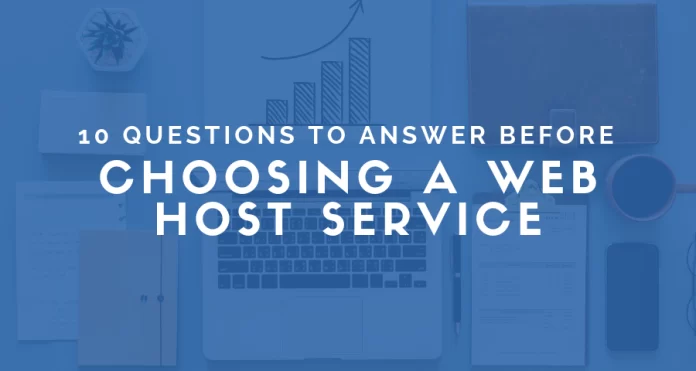In the digital age, establishing an online presence is crucial for the success of small businesses. A key component of this online presence is a reliable web hosting service. Choosing the best web hosting for small businesses requires careful consideration of several essential features. From uptime reliability to security measures, each aspect plays a significant role in ensuring a seamless online experience for both businesses and their customers.
1. Uptime Reliability
Uptime reliability is paramount for any small business website. It refers to the percentage of time that your website is operational and accessible to users. Look for web hosting providers that guarantee a high uptime percentage, ideally 99.9% or higher. Downtime can lead to loss of potential customers and damage to your business’s reputation.
2. Scalability
As your business grows, so will your website’s needs. A scalable web hosting service can accommodate increases in traffic, data storage, and other resources without causing disruptions to your website’s performance. Opt for hosting plans that offer scalability options, allowing you to easily upgrade or downgrade as needed.
3. Security Features
Security is a top priority for small businesses, especially when it comes to online transactions and customer data protection. Choose a web hosting provider that offers robust security features such as SSL certificates, firewalls, malware detection, and regular data backups. These measures help safeguard your website and sensitive information from cyber threats and unauthorized access.
4. Customer Support
Responsive and knowledgeable customer support is essential, particularly for businesses without dedicated IT staff. Look for web hosting providers that offer 24/7 customer support through multiple channels such as live chat, email, and phone. Prompt assistance can help resolve technical issues quickly and minimize downtime.
5. Speed and Performance
In today’s fast-paced digital landscape, website speed and performance can significantly impact user experience and search engine rankings. Choose a web hosting service that utilizes high-performance servers and content delivery networks (CDNs) to ensure fast loading times and smooth navigation. Conduct speed tests and compare performance metrics before making a decision.
6. Backup and Restore Options
Data loss can occur due to various reasons, including hardware failures, human errors, or cyber attacks. A reliable web hosting service should offer regular backup and restore options to protect your website’s files, databases, and content. Ensure that backups are automated, frequent, and easily accessible for restoration when needed.
7. Cost-Effective Pricing Plans
While cost should not be the sole determining factor, it’s essential to choose a web hosting service that offers competitive pricing plans tailored to small businesses. Consider factors such as contract terms, renewal rates, and any additional fees for features or resources beyond the basic package. Compare pricing plans from multiple providers to find the best value for your budget.
In conclusion, selecting the best web hosting for small businesses requires careful evaluation of essential features such as uptime reliability, scalability, security, customer support, speed and performance, backup options, and cost-effective pricing plans. By prioritizing these factors and conducting thorough research, small business owners can ensure a stable and efficient online presence that contributes to their growth and success.



